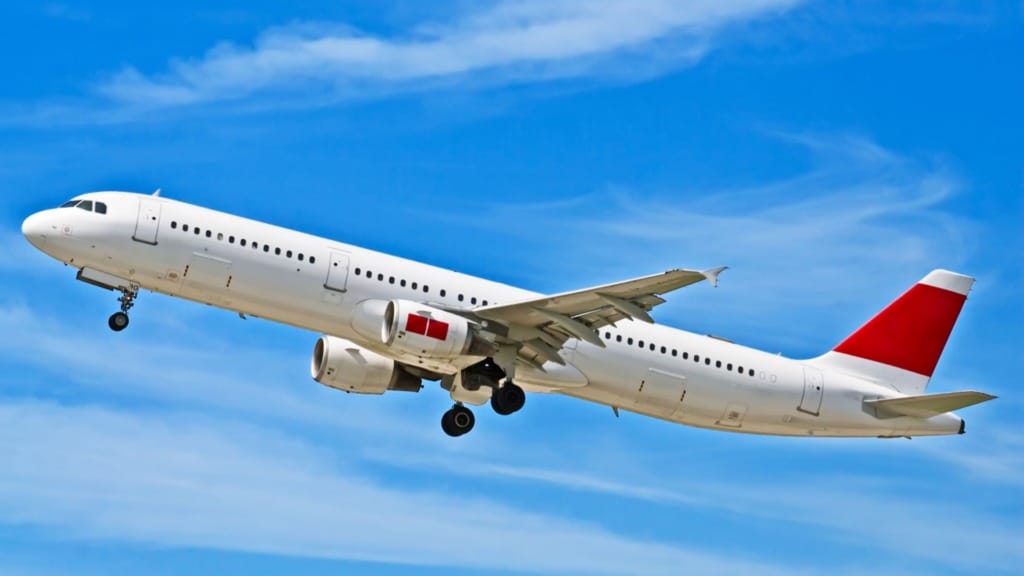How United Airlines enhances passenger experiences with AI technology
Discover how United Airlines is using AI to improve passenger communications and streamline operations, enhancing overall travel experiences.

When you board a United Airlines flight, a hidden world of coordination unfolds. Gate agents, flight attendants, and other staff members are in constant communication, often through an internal chatroom. They manage tasks from checking if there’s still room for carry-on luggage to ensuring a family can sit together, all aimed at ensuring your journey begins smoothly.
Table Of Content
Should your flight face delays, United’s approach is to keep you informed via automated messages sent directly to your mobile through the app. These notifications are often crafted by artificial intelligence (AI). Meanwhile, dispatchers worldwide monitor real-time data to ensure that flight crews meet all legal requirements set by the Federal Aviation Administration (FAA).
Recently, United Airlines introduced an AI-powered customer service chatbot, further integrating AI into its operations.
Transforming challenges into high-tech solutions

Jason Birnbaum, appointed as United’s Chief Information Officer (CIO) in 2022, leads over 1,500 employees and around 2,000 contractors. They are pivotal in managing and innovating the technological frameworks that facilitate seamless airline operations. Before joining United, Birnbaum had a long tenure at GE, where operational downtime had less public impact. In contrast, he notes that even minor disruptions at United quickly become the focus of social media and news coverage.
Under his leadership, United has initiated several projects like ConnectionSaver, which employs AI and machine learning to delay flights for passengers with tight connecting times. This service notably saved Birnbaum from an extended wait at San Francisco Airport.
A focus on cloud optimisation and technological synergy
AI is just one of the areas United is innovating in; the airline is also progressively moving its operations to the cloud. Birnbaum highlights the industry trend towards optimising cloud infrastructure to reduce costs and enhance reliability. This involves enhancing developer productivity and integrating automation with DevOps practices.
Despite the shift towards modern technologies, United continues to operate numerous legacy systems, ensuring they do not disrupt service as they transition. The company plans to decommission a major Unisys-based system later this year, although Birnbaum acknowledges the ongoing necessity for some on-premise systems to ensure optimal performance, privacy, and security.
AI is at the forefront of improving customer and employee interactions

United’s adoption of AI extends beyond customer notifications. The airline uses AI to streamline operations and enhance communication between ground staff and flight crews. For instance, AI helps summarise flight information for operational teams, providing them with concise overviews of current statuses.
A recent innovation saw the launch of an AI agent on United.com, designed to manage customer queries. While still in its early stages, this tool represents United’s commitment to leveraging AI across its services. Additionally, United is developing a tool called “Get Me Close,” which will use AI to offer passengers alternative travel options during delays, such as routing them to nearby airports.
One intriguing application of AI under consideration at United involves assisting pilots with public announcements. Recognising that pilot interaction significantly affects passenger satisfaction, Birnbaum’s team is exploring how AI could help less extroverted pilots deliver engaging and informative announcements.
As United continues to explore the potential of AI, it maintains a focus on enhancing every aspect of the airline’s operations, ensuring that technology not only solves problems but also creates new opportunities for improving customer experiences.














